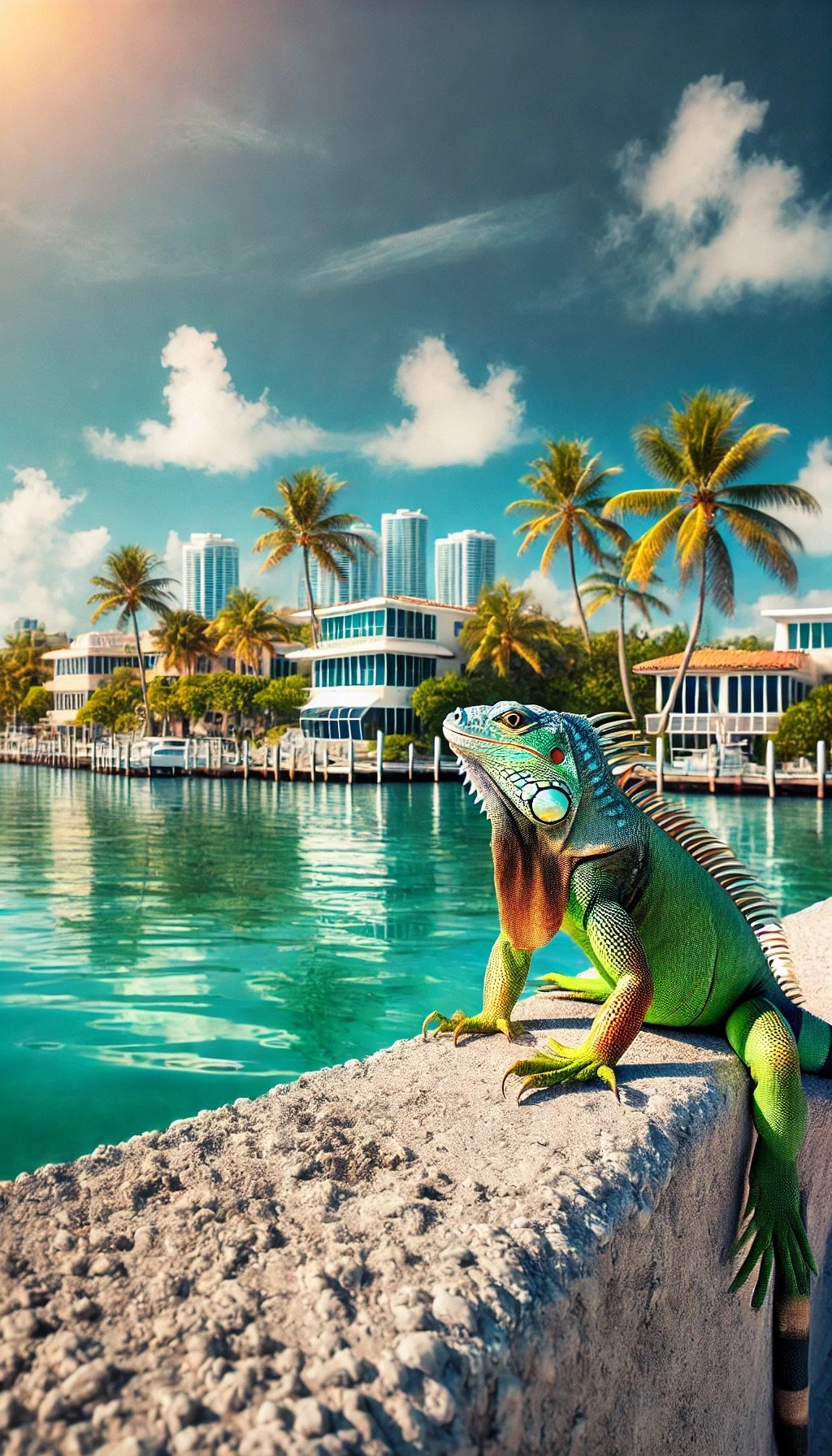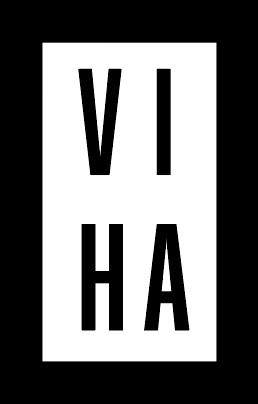
Iguana Control
Protect home, health, and ecology.
Iguanas are an invasive species to South Florida, damaging property, spreading harmful bacteria, and disrupting native wildlife. With a single female iguana laying up to 70 eggs each season, the problem is growing fast! The Florida Fish & Wildlife Conservation Commission and Miami Beach strongly encourage private control.
VIHA offers two programs.
Seawall Program
For water lots, a boat will visit your seawall 1-2 times per month to remove iguanas with a snare.
No Property access is required.
Helps control population on both wet and dry lots.
Included with VIHA dues
Ground Hunting
Twice per month, a professional hunter will remove iguana from your lot using an air rifle.
All lots encouraged to participate
Most efficient management method
$50/month (annual contract with vendor)
Sign up!
FAQs
-
The Venetian Islands Iguana Control Program is designed to reduce the growing population of invasive iguanas on the islands to protect property, health, and the local ecosystem. The program is broken into two sub-programs:
Seawall Program: A technician traveling by boat to waterfront properties uses snares to capture iguanas on seawalls or docks. This method avoids entering private property and is effective for reducing the population along the shorelines, which impacts iguanas inland as well. It is now included in your VIHA dues, and simply requires a permission form to activate.
Ground Hunting Program: Professional hunters use air rifles to humanely remove iguanas from properties. This method was determined in our test pilot program to be the most cost-effective and efficient. The hunter will visit 2x/month and the cost is $50/month, billed through our vendor, Redline Iguana.
-
Prevent Property Damage: Iguanas dig burrows that can cause structural damage to sidewalks, foundations, tile around pools, and seawalls. They also damage roofs and plumbing.
Avoid Health Risks: Iguanas, and their feces, can carry bacteria like Salmonella, which poses health risks to humans and pets, especially in homes with pools.
Prevent Overpopulation: Without control, iguana populations grow rapidly, making them harder to manage in the future. A female iguana can lay up to 70 eggs.
Improve Neighborhood Aesthetics: Controlling the iguana population helps maintain a clean and well-kept community.
Reduce Landscaping Costs: Iguanas feed on ornamental plants and gardens, leading to costly replacements.
Protect Native Wildlife: Iguanas are an invasive species disrupting local ecosystems by eating native plants and bird eggs.
Support Community Action: Fosters a sense of community and collective responsibility.
Minimize Nuisances: Iguanas often leave droppings, creating a mess on patios, docks, pools, and sidewalks.
Mitigate Long-Term Costs: Early intervention in iguana control can save on future, more extensive eradication efforts.
-
Iguana control works better as a group rather than individual treatments for several key reasons:
Iguanas Are Highly Mobile: Iguanas move freely between properties. If only a few homes are treated, iguanas from untreated neighboring properties can quickly repopulate the treated areas. Coordinated group efforts reduce the overall population across a broader area.
Reduction of "Safe Havens": Multiple homes participating reduce areas where iguanas can hide, nest, or escape from hunting.
Cost Efficiency: Group participation lowers costs per home by reducing travel and setup times for hunters or snare operators.
Cumulative Effect: Removing iguanas from multiple properties reduces their numbers across the neighborhood, making population rebounds harder.
Ecosystem-Wide Impact: A neighborhood-wide approach ensures better protection of native species, gardens, and landscaping.
-
Seawall snares involve a technician traveling by boat to waterfront properties and using snares to capture iguanas on seawalls or docks. This method avoids entering private property and is effective for reducing the population along the shorelines.
-
Redline Iguana, a professional wildlife management team, has been contracted to carry out iguana removal services. The team includes trained hunters, ensuring humane and efficient control methods.
